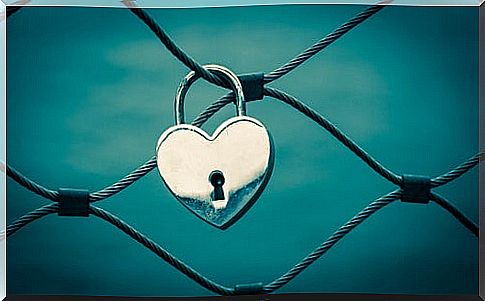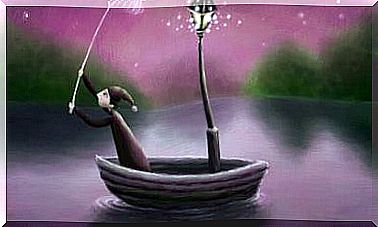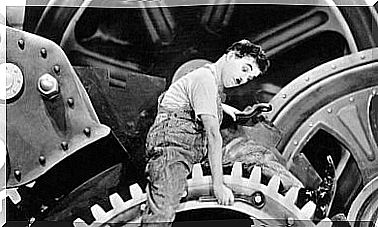5 Keys To Overcome Emotional Dependence

Human beings are “social animals” and we need others to live in happiness. That is indisputable, but how much do we need them? Where is the line that distinguishes a healthy bond from an emotional dependency?
Contact with others is essential to develop. Children need a caregiver who provides not only food, but also warmth and affection. When we grow up, to have a full life, we need a social environment: family, friends, partner …
But one thing is the need for social contact, in general, and another is the specific relationships in which we embark and how we live them.
What is to have emotional dependence
Often times, especially in relationships, emotional dependence or addiction comes into play. And the relationship, far from being a support, becomes an obstacle for the development and even for the mental health of the components of the couple.

If you are not happy in your relationship, it is possible that it is because you live it from a position of addictive dependence. Next, we describe some signs that should alert you to the possibility that you are living an addiction to your romantic partner.
- If your relationship causes you suffering (anxiety or sadness) and you still feel unable to change course or leave it, chances are you have some emotional dependency. Relationships are complicated and require effort. But this does not have to mean suffering.
- That you do not develop any activity outside the relationship. Whether it’s a hobby, studies, career, friends … If all you do is with your partner, it is very likely that your relationship is addictive or dependent.
- Inability to be alone. You may have become so used to sharing everything with your partner that you no longer know what to do when you are alone or that, when you are, you are filled with worry: why something might happen to him or what he will be doing.
- You have thoughts or the belief that you could not live without that person or that your life without them would be meaningless, which is your whole world. These are ideas of a dependent relationship.
- Jealousy is usually another good indicator of an addictive relationship, since it is related to insecurity and lack of communication.
What causes it?
In some cases, emotional dependence is due to poor learning. That is, we have not learned or have not been taught to tolerate the suffering inherent in life. And, therefore, we are not capable of abandoning couples who hurt us, for fear of change or loneliness.
In other cases, the cause is problems with self-esteem. That is, the image of ourselves depends on others. We feel good if they value us, love us, encourage us…; but not by ourselves. Therefore, if we have such low esteem for ourselves, we will be dependent on our partners to give us the security that we do not have ourselves.
Whatever the reason, partner addiction is always a two-person problem. That is, both the individual who suffers it and the one who is dependent. They both suffer. Therefore, you have to work both as a couple and individually.
How to beat it ?

- The first thing is to be honest with ourselves and try to find the roots of it. You may be afraid of loneliness, because you have never faced it. Or that your self-esteem depends on the praise of your partner … Reflect on it, because it will be the fundamental pillar of your improvement.
- Reconcile with your loneliness. Find spaces in which to be yourself without your partner and, above all, enjoy them: you can start doing yoga, find a hiking group, sign up for a photography course … Surely there is something that piques your curiosity or that you have always wanted do. The important thing is to be able to trust that there is something about yourself that does not depend on your partner.
- Become aware of your negative thoughts, especially jealousy, fear, etc., and try to be stronger than them. When you realize that you are falling into a spiral of negative thoughts, go out for a walk, call someone to talk …
- Talk to your partner. Communication is a fundamental pillar in a relationship. It’s about sharing your experience with her so she knows what you’re going through and the changes you intend to make. This way he can support you and understand you better.
- And of course, consider seeking professional help if you can’t figure out how to make the change on your own.
Life is a path of learning and, when we lose weight and lose fears and anxieties,. We enjoy everything, especially relationships, much more fully.
Do you think you have or have you had an addiction to your partner? In that case, how have you dealt with the problem or what do you plan to do to overcome it? Have you shared it with a professional?









